Curious Questions: If not now, when?
It might be morbid to write your own obituary, says our columnist Carla Carlisle, but nobody knows your story better than you — and now is the time to do it.
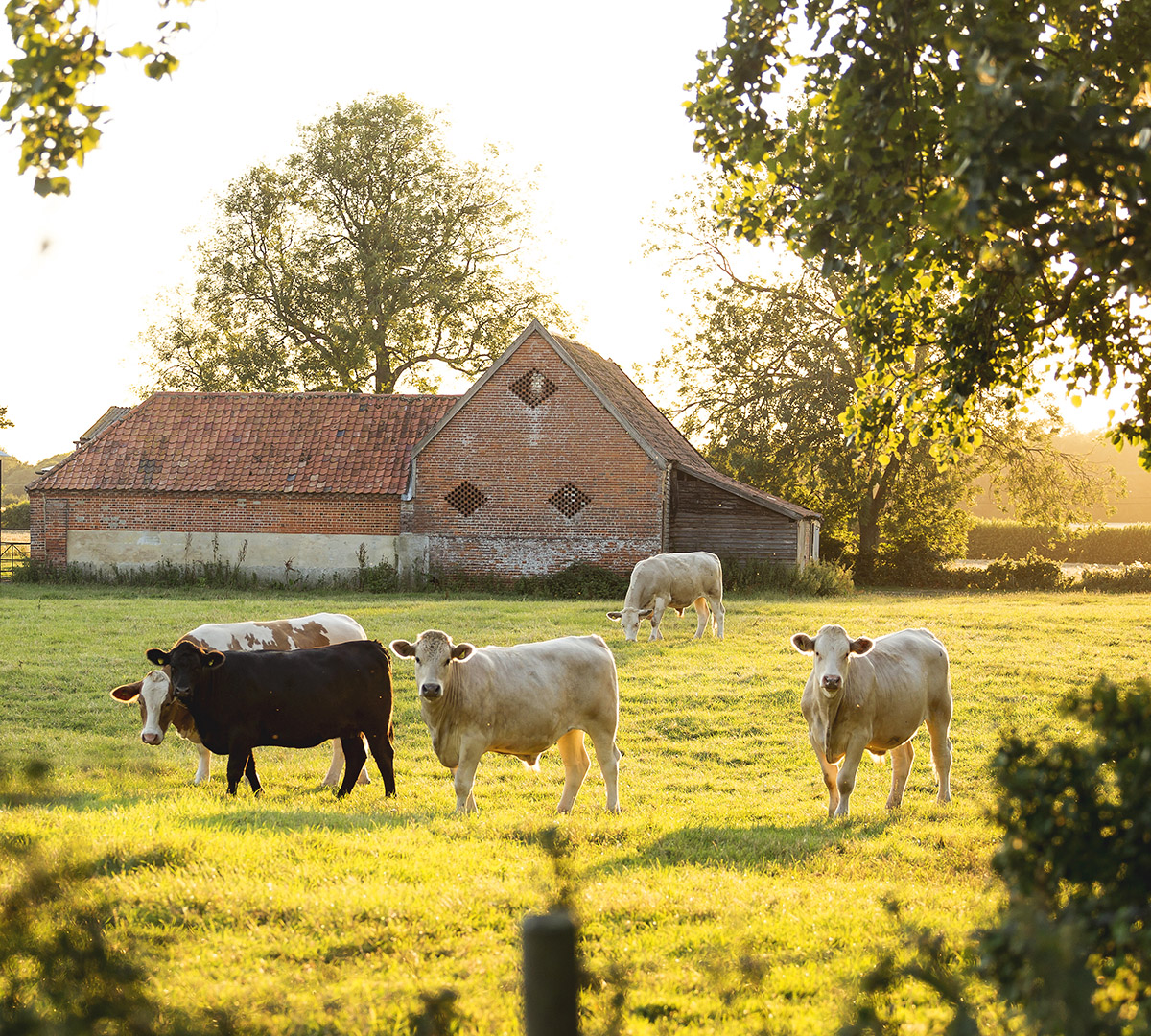

In the beginning, we didn’t know it was the beginning. Our worries were elsewhere. After the wettest winter in memory, our fields of winter wheat looked like the bayous of Louisiana. The machinery barn stood tomb-like, the green hulks of machinery inside too heavy to go on the land without causing grievous harm to the soil beneath the water.
I am a woman who spots a rock in the middle of the road and says ‘apocalypse’. When I married, my dowry consisted of a vision of farming on the edge of the abyss. I’d barely said ‘I do’ before I whispered: ‘Trouble ahead. Diversify the farm.’ I brought my son up on Grimm’s fairy tales and The Worst Case Scenario Survival Guide. The larder looks like a well-stocked bomb shelter, because I’ve never walked out of Waitrose without a supply of loo paper, light bulbs and dog food.
And yet, and yet — I left it too late to stock up on paracetamol and hand sanitiser. What kept me awake at night wasn’t the life and death part of the story, but fear for the livelihoods of the 50 people on our payroll. I was drenched in anxiety about how they — and this farm that we had, indeed, diversified — would survive. The original advice — to ‘avoid pubs and restaurants’ — left farmers who’d converted their 16th-century barns into restaurants in darkness. There was no ray of light until the message ‘Lockdown’ and the Chancellor’s 80% ‘furlough’ lifeline.
"English tithe barns are like secular cathedrals and this one has withstood wars, pandemics, epidemics and decades when the farm lost money every single year"
The lockdown was the real beginning of our coronavirus reality: the day a thriving community of chefs, waiters, shop staff, vineyard crew, gardeners, stall holders in our farmer’s market — and customers — no longer showed up. Overnight, a farming community that goes back to Domesday turned into a ghost town.
The silence and the absence leads to a complete loss of a sense of time. I try to see it as a gift. I cook one-pot meals and take from the cellar bottles once reserved for birthdays and anniversaries. Like a pop star on Desert Island Discs, I decide to read War and Peace and I listen to old favourites: Janet Baker, Bryn Terfel, Johnny Cash, Joni Mitchell, Glenn Gould.
Some evenings, I wander over to the barn and sit in the empty space. English tithe barns are like secular cathedrals and this one has withstood wars, pandemics, epidemics and decades when the farm lost money every single year. Now, empty of any purpose but survival, it feels as prayerful as a country church.
Each morning, I wake up to an inbox of emails from friends in America. I save them until I’ve fed the chickens and made coffee. Some are so funny I watch them over and over. Some are so shocking — a field hospital being erected in Central Park, numbers that are worse than the day before — that I freeze in disbelief. It takes an email from rural Georgia finally to get me to abandon my laptop.
Sign up for the Country Life Newsletter
Exquisite houses, the beauty of Nature, and how to get the most from your life, straight to your inbox.
One-time editor of a small-town news-paper in the Mississippi Delta, courageous columnist and long-time good friend Mac Gordon sends me his ‘Corona Advice’. I’m not looking for advice, but reading it makes me think: ‘If not now, then when?’
"If you think it is morbid and depressing to think about your human mortality, now is a good time to get over that"
He begins: start making three stacks of documents. The first stack requires your will. Find it. Read it. Bring it up to date. Make sure all your heirs are still alive and your executors still willing and able to execute. If you haven’t arranged a ‘lasting power of attorney’ or a living will, think of it as ‘now or perhaps never’. Send off amendments and changes of heart to your solicitor and get the legal ball rolling.
This stack is also the place for your List of Wishes. I’ve lost or given away half the stuff on my list and some of the recipients have wandered off, but this is a job that always cheers me up.
Stack number two is the financial matter: insurance policies; direct debits; bank statements; credit cards; tax returns; subscriptions with broadband, Netflix, mobile phone. Make a list of all your passwords. Make lots of copies. The copy taped to my laptop yields more serenity than yoga.
For the third stack, you might want to buckle up. Start with locating your birth certificate, your marriage licence, a couple of photographs (young you, older you).
If you think it is morbid and depressing to think about your human mortality, now is a good time to get over that, because this last stack is your obituary. The one you write. Nobody knows the story better than you do.
Begin with your full name, your date and place of birth, your parents’ names, where you grew up, education, marriages, careers, children, achievements, beliefs. Don’t feel shy or uneasy about this. Think of it as a gift for those you leave behind. It’s not a memoir, but a fact sheet that has no word limit.
It brings a whole new meaning to the word ‘deadline’, but the time to do it is now.
Focusing, indeed accomplishing anything, in the shadow of this evil pandemic isn’t easy. The handsome volume of War and Peace remains unopened, but the stacks of my documents have the heft and usefulness of a bushel basket. Now I’m even thinking of writing my epitaph, inspired by Jan Struther (the real Mrs Miniver), who wrote her own:
One day my life will end; and lest Some whim should prompt you to review it, Let her who knows the subject best Tell you the shortest way to do it: Then say, ‘Here lies one doubly blest.’ Say, ‘She was happy.’ Say, ‘She knew it.’
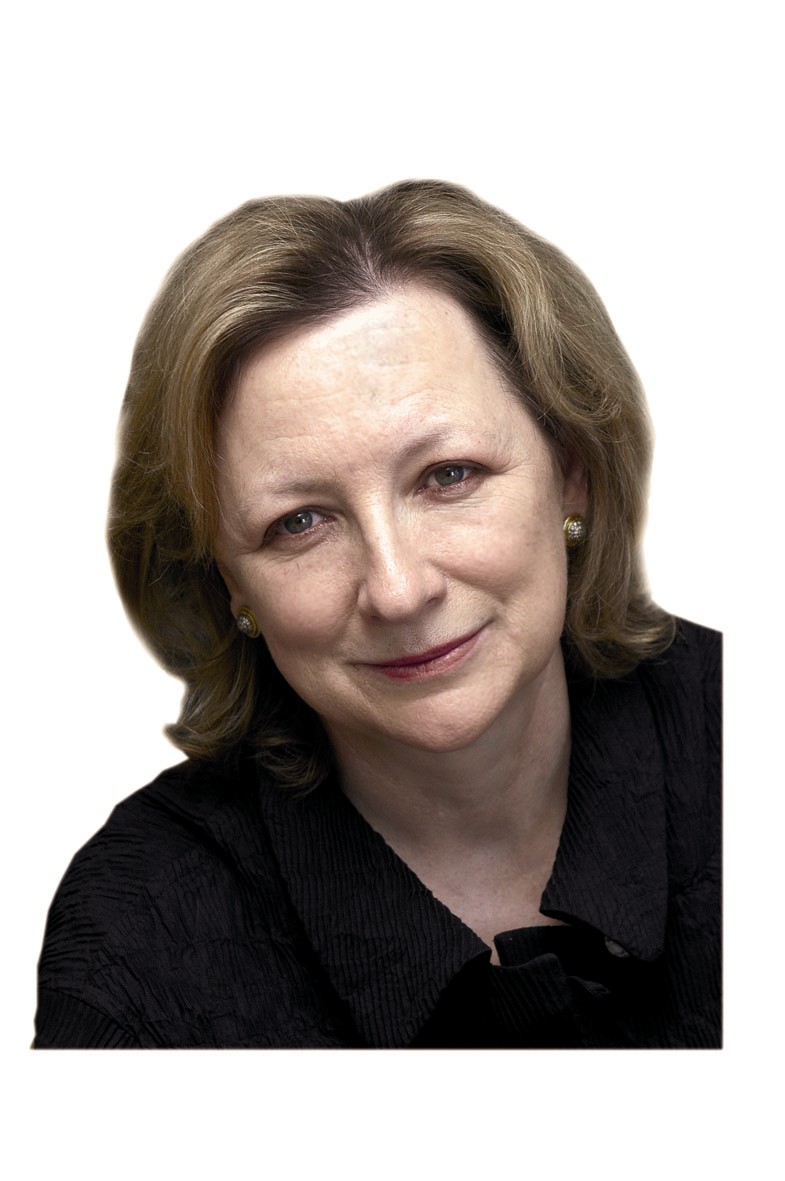
Carla Carlisle on pirates
Carla says her bite is worse than her bark as she watches aghast at everything from Bernard Madhoff’s behaviour to

Carla Carlisle on shopkeeping
Being a shopkeeper these days is a nerve-wracking business, says Carla Carlisle

Carla Carlisle on bitterness
Looking at the present political climate, Carla sees bitterness in many places from BNP supporters to her own feelings about

Carla Carlisle on feminism
'Women don't have to be more like men at all,' says Carla, 'in fact they can be something altogether better'
Country Life is unlike any other magazine: the only glossy weekly on the newsstand and the only magazine that has been guest-edited by HRH The King not once, but twice. It is a celebration of modern rural life and all its diverse joys and pleasures — that was first published in Queen Victoria's Diamond Jubilee year. Our eclectic mixture of witty and informative content — from the most up-to-date property news and commentary and a coveted glimpse inside some of the UK's best houses and gardens, to gardening, the arts and interior design, written by experts in their field — still cannot be found in print or online, anywhere else.
-
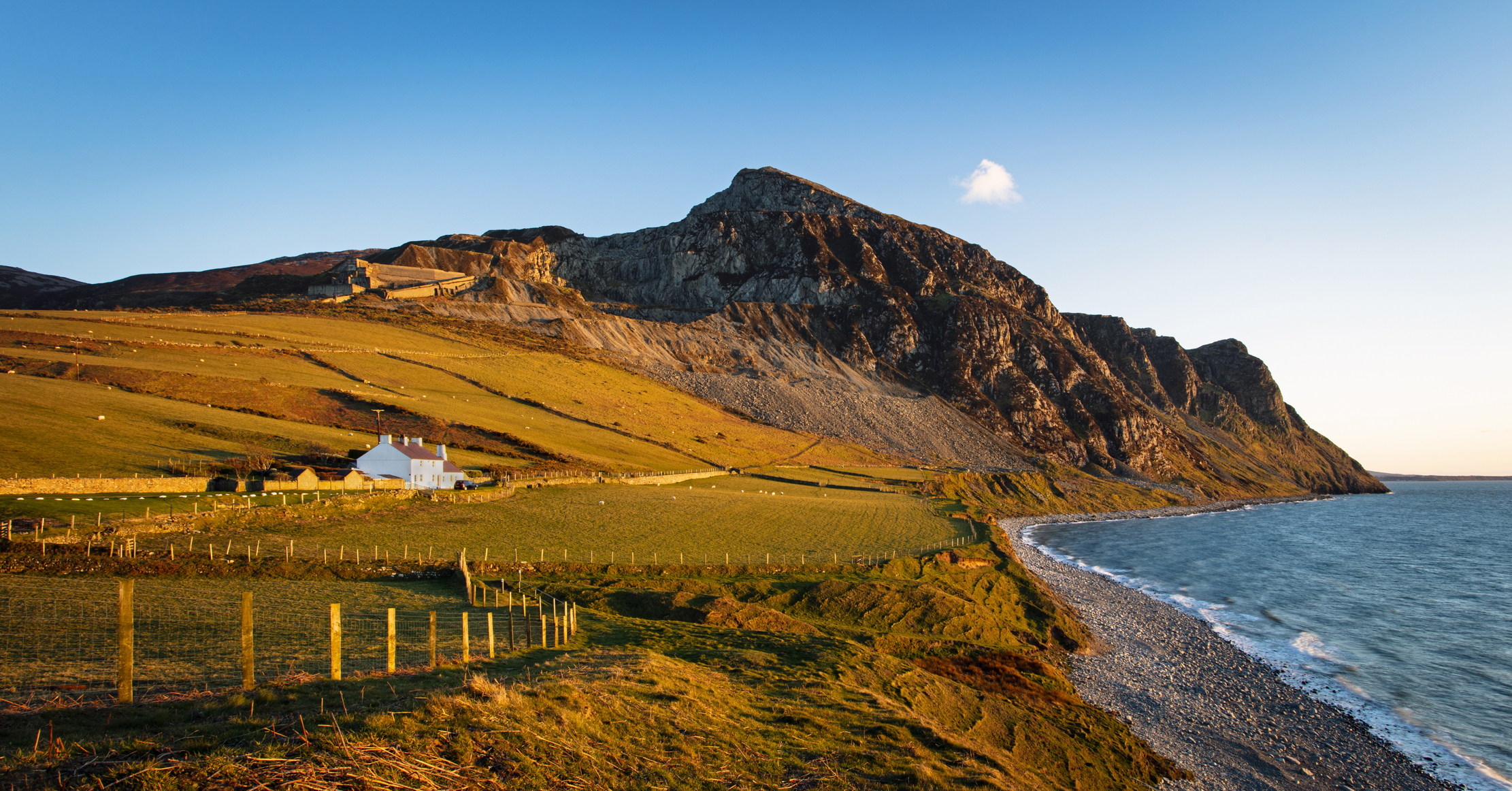 London is the place for me* (*the discerning property buyer)
London is the place for me* (*the discerning property buyer)With more buyers looking at London than anywhere else, is the 'race for space' finally over?
By Annabel Dixon
-
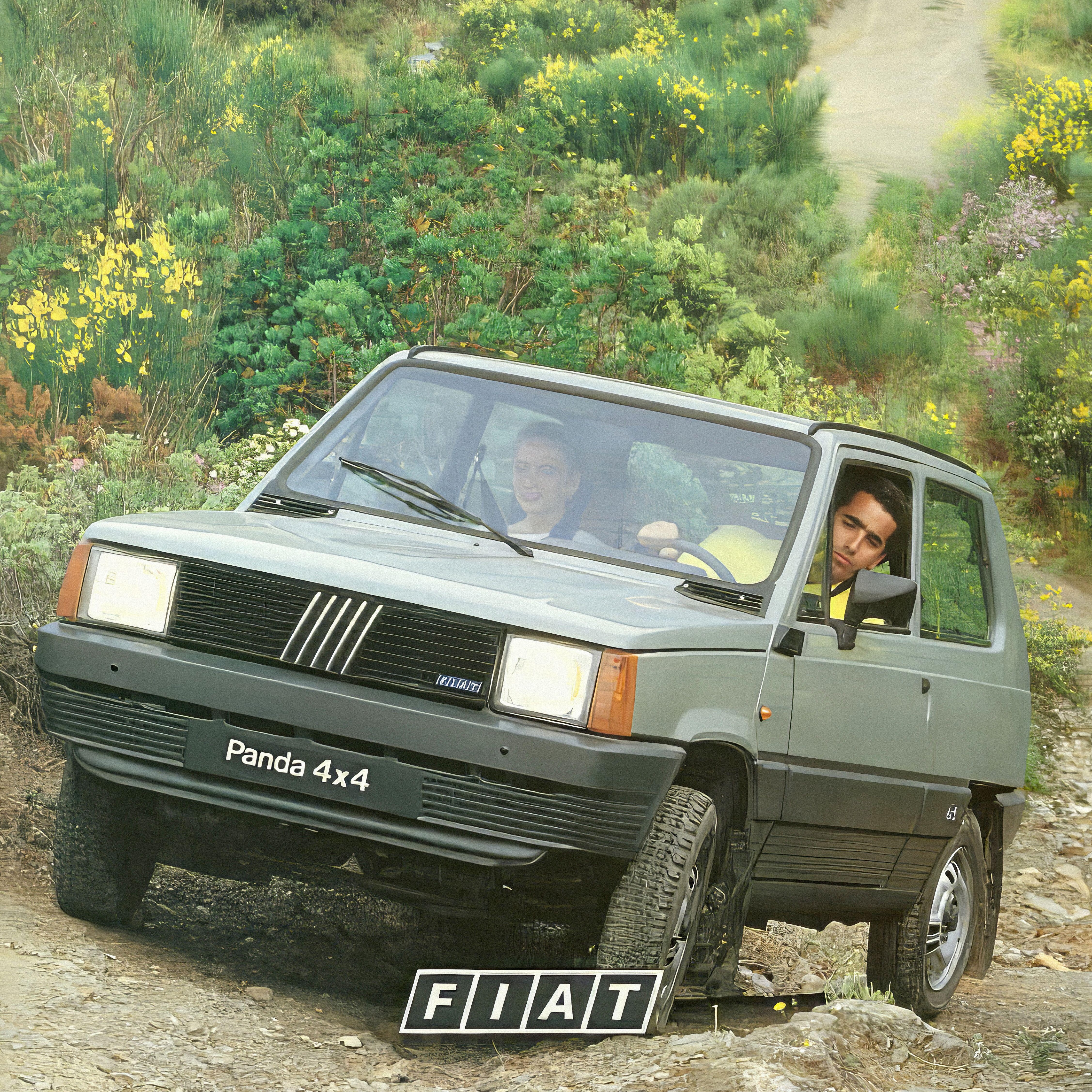 Helicopters, fridges and Gianni Agnelli: How the humble Fiat Panda became a desirable design classic
Helicopters, fridges and Gianni Agnelli: How the humble Fiat Panda became a desirable design classicGianni Agnelli's Fiat Panda 4x4 Trekking is currently for sale with RM Sotheby's.
By Simon Mills
-
 Curious Questions: Did the Victorians pave the way for the first ULEZ cameras in the world?
Curious Questions: Did the Victorians pave the way for the first ULEZ cameras in the world?Martin Fone takes a look at the history of London's coalgates, and finds that the idea of taxing things as they enter the City of London is centuries old.
By Martin Fone
-
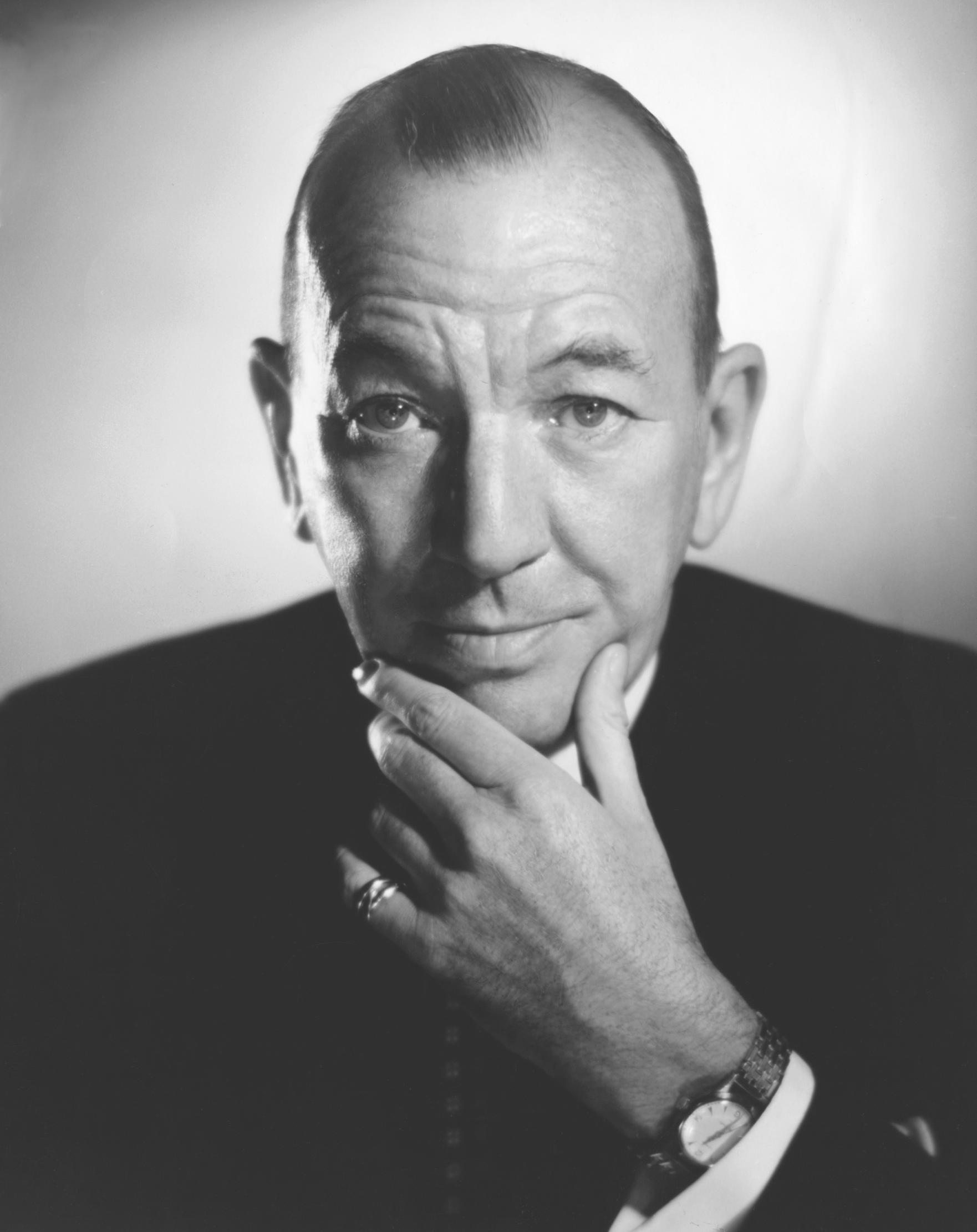 Curious Questions: What are the finest last words ever uttered?
Curious Questions: What are the finest last words ever uttered?Final words can be poignant, tragic, ironic, loving and, sometimes, hilarious. Annunciata Elwes examines this most bizarre form of public speaking.
By Annunciata Elwes
-
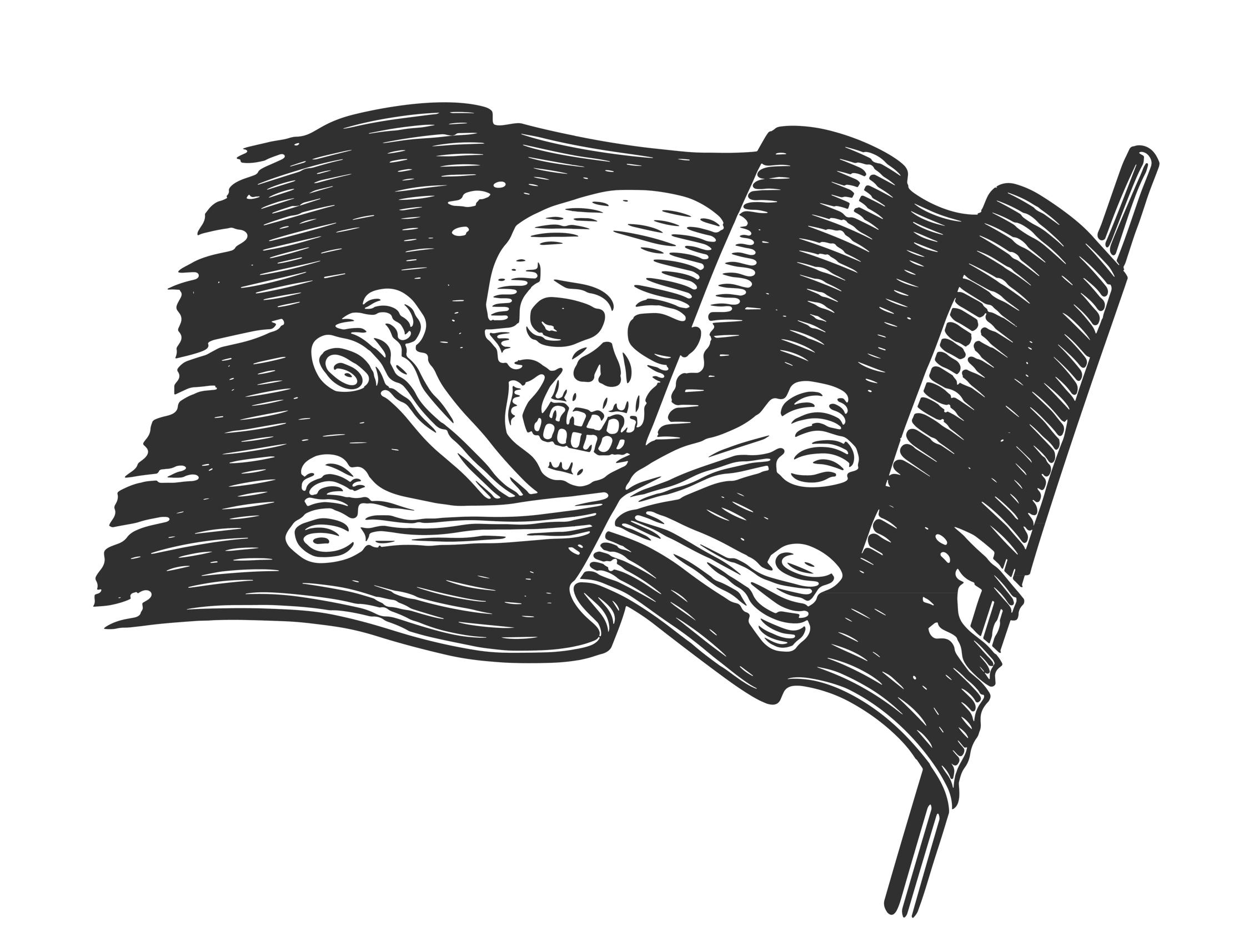 Curious Questions: Why do we still love pirate stories, 300 years on from Blackbeard?
Curious Questions: Why do we still love pirate stories, 300 years on from Blackbeard?Tales of swashbuckling pirates have entertained audiences for years, inspired by real-life British men and women, says Jack Watkins.
By Jack Watkins
-
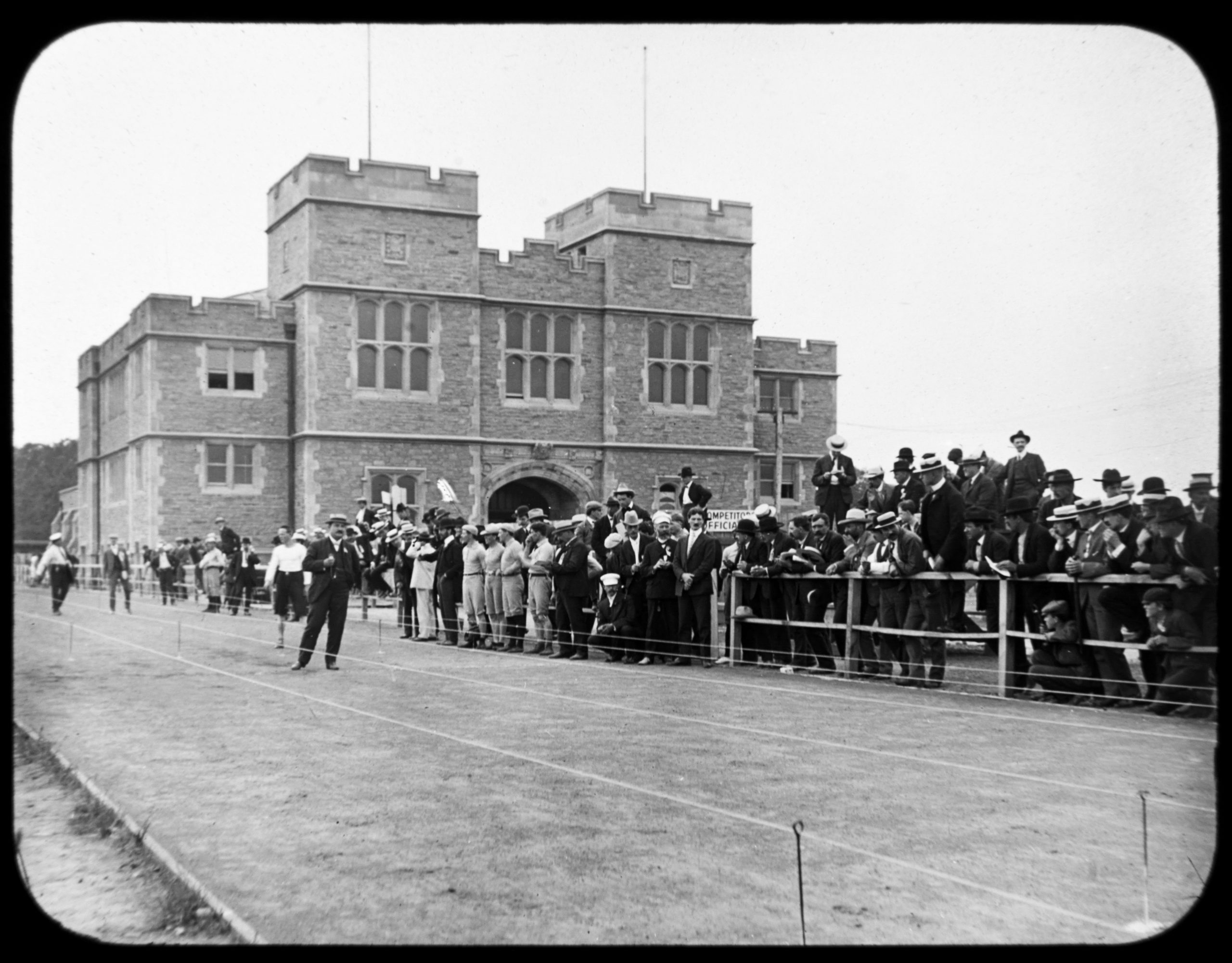 Curious Questions: Why is race walking an Olympic sport?
Curious Questions: Why is race walking an Olympic sport?The history of the Olympics is full of curious events which only come to prominence once every four years. Martin Fone takes a look at one of the oddest: race walking, or pedestrianism.
By Martin Fone
-
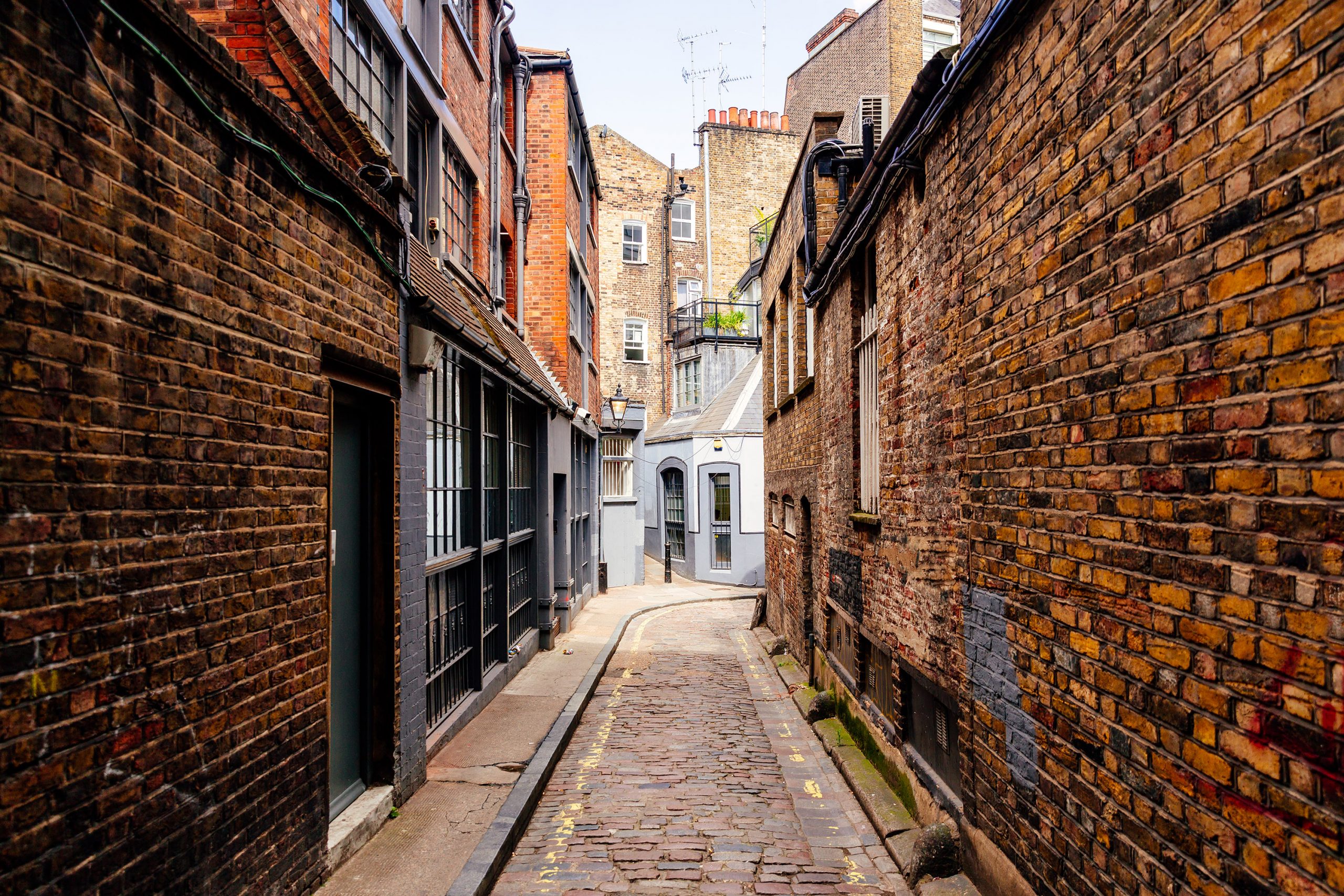 Curious Questions: Where does the phrase 'daylight robbery' come from? It's literally about the theft of daylight
Curious Questions: Where does the phrase 'daylight robbery' come from? It's literally about the theft of daylightMartin Fone tells a tale of sunshine and tax — and where there is tax, there is tax avoidance... which in this case changed the face of Britain's growing cities.
By Martin Fone
-
 Curious Questions: Is there a way to win at rock, paper, scissors?
Curious Questions: Is there a way to win at rock, paper, scissors?A completely fair game of chance, or an opportunity for those with an edge in human psychology to gain an advantage? Martin Fone looks at the enduringly simple game of rock, paper, scissors.
By Martin Fone
-
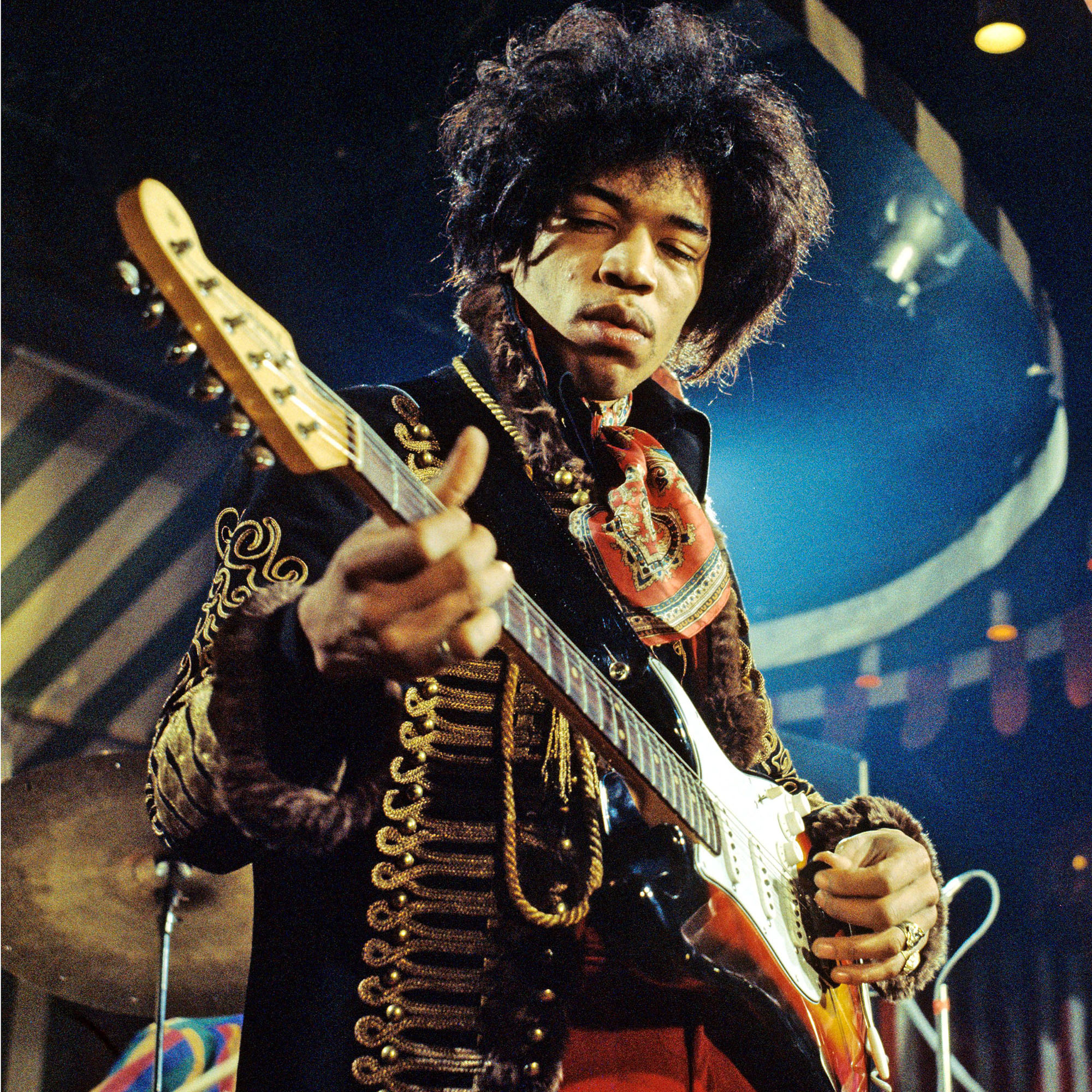 Curious Questions: Is being left-handed an advantage?
Curious Questions: Is being left-handed an advantage?In days gone by, left-handed children were made to write with the ‘correct’ hand — but these days we understand that being left-handed is no barrier to greatness. In fact, there are endless examples of history's greatest musicians, artists and statesmen being left-handed. So much so that you'll start to wonder if it's actually an advantage.
By Toby Keel
-
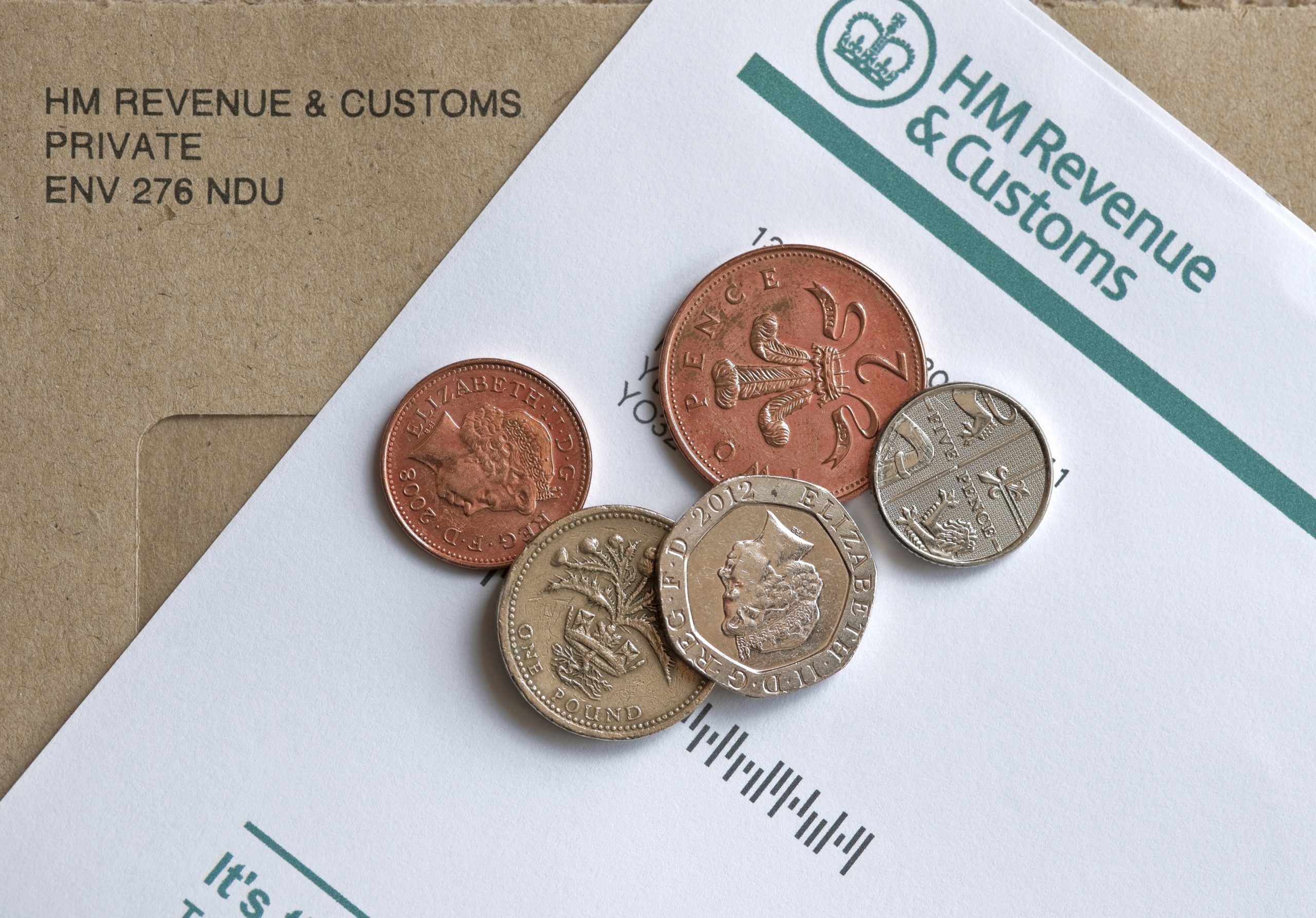 Curious Questions: Why does our tax year start on April 6th?
Curious Questions: Why does our tax year start on April 6th?The tax-year calendar is not as arbitrary as it seems, with a history that dates back to the ancient Roman and is connected to major calendar reforms across Europe.
By Martin Fone